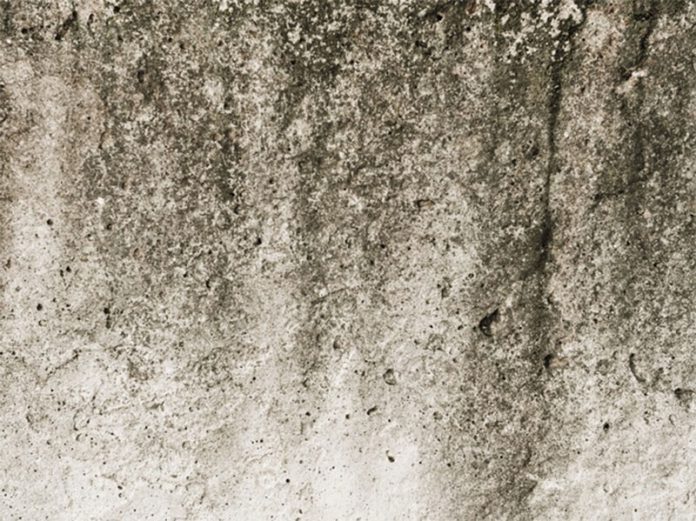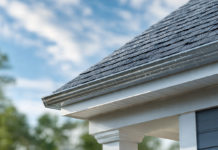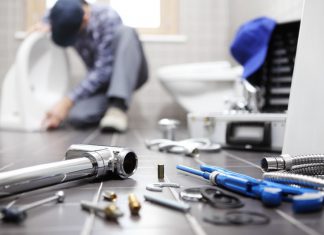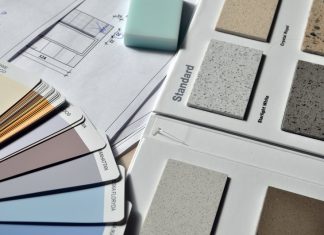When there’s water damage, there usually is mold growth. In a home, a place that is most prone to mold growth is the basement. However, that doesn’t mean that your things might necessarily be safe from mold.
Mold growth only requires two things— moisture and material to grow on. Once the material is exposed to water in a flood or water-related events such as leaks, mold growth is expected. Especially if you don’t tackle the problem right away.
It only requires two days for mold to grow and it begins with a mold spore floating in your home. They are always there and can never be eliminated completely. However, once water is added to this spore, the mold will spread and cause a huge problem.
This is the reason why it’s important to keep your space and materials dry whenever possible. In a dark and poorly ventilated area such as a basement, it can be a challenge to dry wet materials or spaces.
Although it won’t instantly get rid of your mold problem, knowing how certain materials react when mold grows on them can help you prevent mold growth and know what to expect when it happens in your home.
In this article, we’re going to discuss five types of materials that are prone to mold growth.
1. Drywall
If you’re experiencing leaks and a wet basement after rainfall, a good place to check is your walls. Wet basements are extremely common. Although they might seem like a simple problem, it can reveal a more complex issue than that.
When your roof dumps water and downspouts it into the ground near your home, it will eventually pool and enter your basement due to the strong force. When this happens and breaks through your basement waterproofing systems, it can cause flooding.
Eventually, the water will seep through the walls and foundation, which will cause mold growth. Professionals usually troubleshoot this issue by drilling a hole in a wall and stick a tool to check for mold.
2. Wood
Wood is another material you should be worried about when it comes to mold growth. Wood can be extremely worrying because there’s a big chance you won’t be able to recover the material once it has been contaminated by mold growth.
Wood can be found anywhere in your home— your basement, furniture, areas in your home, and some even use wood for their exteriors. Wood is highly vulnerable to mold growth because of its intricate pathways for mold to bore into.
If mold on wood isn’t cleaned up soon or properly, it can grow extensively and become expensive and troublesome to clean up. If you notice some wooden materials that are infested with mold, you should transport them in sealed plastic bags to avoid spreading mold to new areas.
3. Fabrics
Fabrics are practically everywhere in your home. You can spot fabrics on couches, chairs, beds, or even clothing. They’re porous, making them vulnerable to mold infestation. If an area with fabric is wet, you should move them outside to get some air and dry.
Clothing is easy to carry but when it comes to chairs and couches, they might need to be replaced if they can’t be dried properly.
4. Carpeting
Carpets are tricky, especially if they’re in a poorly ventilated area like a basement, they are prone to mold growth. If you can’t get a moldy carpet properly cleaned, you might have to take it out and get it replaced.
5. HVAC
HVAC ducts are usually found in basements. If these ducts are left uncleaned for a long period of time, it can be a breeding ground for basement mold. Condensation outside and inside of the ducts can cause moisture which will help propel mold growth.
If you find mold growing inside your HVAC system, then it might be time to call a professional because mold-contaminated air will be spread across the home.
Imagine sleeping through a night in a mold-infested home— it wouldn’t be a pleasant experience and it could have adverse health effects.
Final Thoughts
Mold in general can cause a lot of damage in your home. The key to fighting it is prevention and early detection. So, if you spot mold anywhere in your home, don’t wait any longer to get it cleaned up. If you’re in doubt, you can always call a professional and ask for their help.















